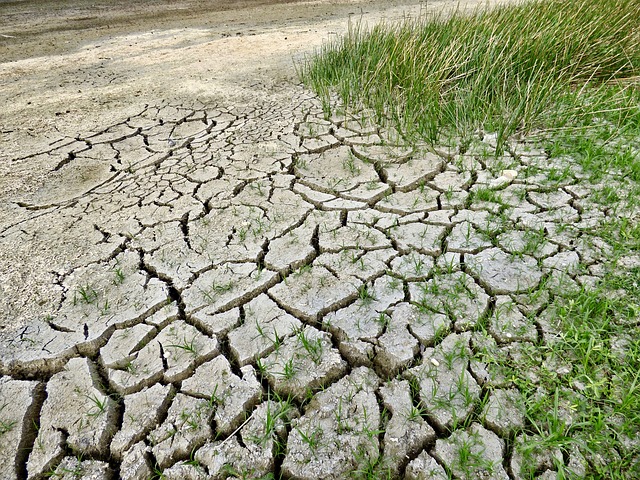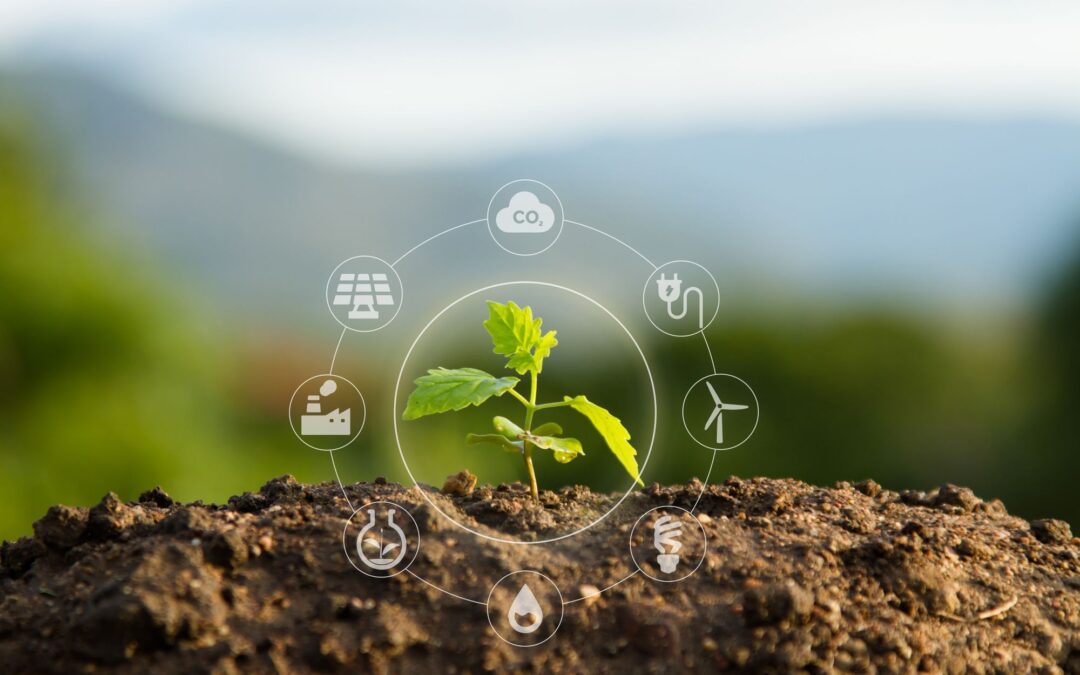Laney Siegner Mar 31, 2021
A thought-provoking article by Dr. Laney Siegner, Course Director at Terra.do, voicing a collective perspective of Terra.do community members on the idea of climate jobs and navigating a new career.
When we think “climate jobs,” many of us probably picture scientists crunching climate models on supercomputers, researchers drafting hundred-page IPCC report chapters, disciples of Al Gore’s Climate Reality Project heading up climate action NGOs, or maybe even entrepreneurs like Elon Musk and Susan Kennedy who founded clean energy companies like Tesla and Advanced Microgrid Solutions. Maybe activists and politicians come to mind like Varshini Prakash from Sunrise Movement, Xiye Bastida, Gina McCarthy, or Rhiana Gunn-Wright.
Few of us, currently, probably think “me.”
As the Director of Academic Programs for a new online climate school for adults, I am now “in the business” of helping people transition their personal and professional lives to be more “climate focused,” “climate mitigating,” or “climate friendly.” Our fellows in our core course, “Climate Change: Learning for Action” sign up for 1:1 chats with me and ask questions like, “how can I find a new job working to solve climate change?” “how can I transition fields and get hired in a climate job as an outsider but with some relevant, transferable skills?” “what is the startup I can create that will have the biggest impact on solving climate change?” Few people ask me, “how can I work to transform the organization, company, or role where I currently work to be more climate conscious, accountable, and progressive?” And yet, that is the very question we all need to be asking ourselves.
If we are to transition 100 million people into “climate jobs” in the next 10 years, roughly the scale of workforce transformation that is needed to effectively meet our mid-century climate targets set out by the latest IPCC reports, a lot more of “us” are going to hold up the mirror to ourselves when we think about climate careers, and that might not necessarily mean switching jobs. Your role or job title might not say “Climate Tzar,” or “Chief of Sustainability,” but effectively we need a lot more people working as marketers, sales execs, financial advisors, software engineers, teachers, farmers, artists, supply chain analysts, and more who adopt a critical and informed “climate lens” to guide their work.

What is a “climate lens”? It starts with a holistic understanding of the Earth’s climate system (i.e “All energy comes from the sun”), and layers on knowledge of the complex, interlinked ecological, social, economic, and political systems that have brought us to where we are now in the land of climate chaos: a time when we humans are having an outsized impact on our planet’s heating and cooling systems and driving towards “tipping points” that would seriously wreak havoc on “life as we’ve known it” for the past several hundred years. This “climate lens” includes an appreciation for which sectors of our economy are contributing the most to the problem, and which actions taken at the individual up to the corporate, national and international (UNFCCC) level have the greatest potential to fix the problem. And as if that weren’t enough of a mental orientation to develop, let’s not forget that we’re not really trying to “save the planet” in some sort of current or past idealized form, we’re actually, really, trying to create a better planet that truly functions and provides life support systems for all people, plants, animals, waterways, and soil ecosystems, adopting an intersectional climate justice focus to ensure that “climate solutions” reverse and repair existing historical injustices and enable equity in our “future [habitable] Earth.” Because otherwise, what’s the point, really?
One way to think about developing this “climate lens” and becoming a climate action worker “in place” so to speak, is by taking a course like the ones we offer at Terra.do. Are you an artist? Become a climate-conscious “artist in residence” on our Terra.do team. Other ways include starting up a company “Green Team” to do a 24-hour carbon accounting “hackathon” and look for ways within your company to go “carbon neutral,” as one of our Terra.do alumni Tim Falls has done. Starting up a conversation with your boss about how to “green” your role (yes, you can make your current position a climate job!), doing personal research, and joining webinars and free online events hosted by organizations active in climate and clean energy work are equally important. Whatever you choose to do, know that you can start now. Or, if you are in a leadership role at a large company, start asking yourself: how can we upskill our employees and our hiring pool to be well-versed on the climate challenge, and ready to advise our company on appropriate responses, climate strategy, and climate risk disclosures?
Some of the resources below curated by our Terra.do community might prove useful to in starting your climate job journey. And if you don’t see something that speaks to your “climate work” needs, reach out and let us know, our team is happy to engage in these kinds of conversations around building the climate workforce!
Personal experiences/reflections/resources from fellows on the “climate career lens”:
- Susan Su’s Medium post: Want to Work on Climate? Start Here.
- Jackie Amable’s blog post on “Venture for ClimateTech”: Hopes, Choices & Community
- Tim Falls “Journey from hackathon to green team: employee-led climate action” – plus organizational carbon audit spreadsheet (step by step guide)
- Organization founded by Terra.do fellows and ex-Googlers Eugene and Cass, Work on Climate (helping people identify project based and full time opportunities)
Dr. Laney Siegner is the Director of Academic Programs here at Terra.do, and holds a Ph.D. from the University of California at Berkeley Energy and Resources Group, where she researched Climate Education and Sustainable Food Systems.
This article was contributed by Laney Siegner
Dr. Laney Siegner is Director of Academic Programs at Terra.do and Course Creator for the Climate Farm School. Her climate expertise focuses on sustainable food systems and climate change education.
P.S:- If you enjoyed this article please leave a comment below. For more online learning opportunities please join our EAT Community where you can access hundreds of videos and teaching materials for gaining valuable knowledge from world-class teachers and coaches.



